
Ingredient
Fruit soft drink, mango
"Mango Bliss: Exploring the Tropical Delight of Fruit Soft Drinks"
Bursting with the vibrant essence of ripe mangoes, fruit soft drinks featuring this tropical fruit are characterized by their sweet and tangy flavor profile. The drink showcases the distinct taste of mango, which is often described as a harmonious blend of tropical sweetness with a hint of citrus undertones. Its smooth and velvety texture adds a delightful mouthfeel, while its golden-orange hue captures the essence of the sun-kissed fruit.
Origins and history
Mangoes, native to South Asia, have a rich history dating back thousands of years. Revered as the "king of fruits," mangoes have been cultivated in India for over 4,000 years and have since spread to various parts of the world. The fruit holds great cultural significance in many countries, symbolizing love, fertility, and prosperity. The incorporation of mango flavor into soft drinks originated as a way to capture the tropical essence of the fruit and provide a refreshing beverage option.
Nutritional information
Mango fruit soft drinks offer a burst of fruity flavor while providing essential nutrients such as vitamin C, vitamin A, and dietary fiber. They typically contain around 120-150 calories per serving, depending on the brand and specific formulation.
Allergens
Mango fruit soft drinks may contain allergens such as sulfites or other preservatives. Individuals with known allergies to mangoes or sulfites should exercise caution and check the ingredient list before consuming.
How to select
When selecting a high-quality mango fruit soft drink, look for brands that use natural mango flavoring and minimal artificial additives. Check the ingredient list to ensure that real mango or mango puree is listed as one of the main ingredients. Opt for products that have a vibrant color and avoid those with an overly artificial or chemical taste.
Storage recommendations
To maintain the freshness and quality of mango fruit soft drinks, store them in a cool and dry place away from direct sunlight. Once opened, refrigerate the drink and consume it within a few days to preserve its flavor and carbonation.
How to produce
Producing mango fruit soft drinks at home requires specialized equipment and knowledge of beverage production techniques. It is recommended to leave the production to professional manufacturers who can ensure the perfect balance of flavors and consistency.
Preparation tips
Mango fruit soft drinks are ready to be enjoyed straight from the bottle or can. For a refreshing twist, serve them chilled over ice and garnish with a slice of fresh mango or a sprig of mint. These drinks also make a delightful addition to tropical cocktails or mocktails, adding a burst of fruity flavor to your favorite mixed drinks.
Culinary uses
Mango fruit soft drinks are primarily enjoyed as standalone beverages, but they can also be used as a base for tropical-inspired cocktails or mocktails. Their vibrant mango flavor pairs well with rum, vodka, or tequila, creating refreshing and fruity concoctions.
Availability
Mango fruit soft drinks are commonly available in regions where mangoes are cultivated, such as South Asia, Southeast Asia, and tropical regions around the world. They are also exported to various countries, making them accessible in many parts of the world.
More ingredients from this category » Browse all

Fruit soft drink, currant white
The Zesty Elixir: White Currant Fizz
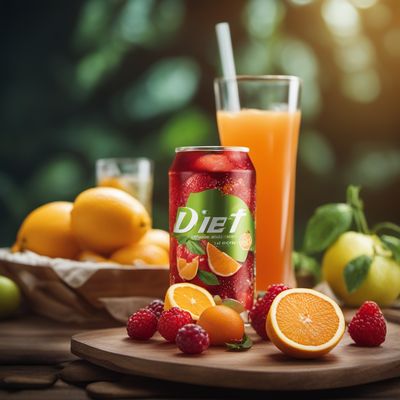
Diet soft drinks with fruit juice
The Refreshing Fusion
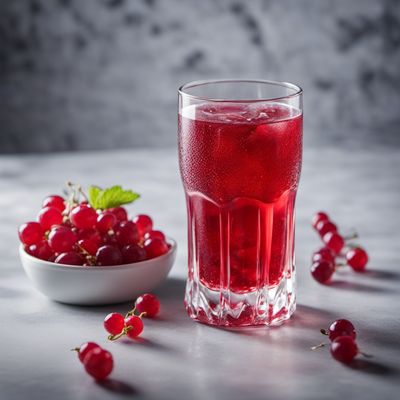
Fruit soft drink, currant red
Tangy Delight: Exploring the Vibrant World of Red Currant Fruit Soft Drinks

Fruit soft drink, nectarine
Nectarine Fizz: A Refreshing Fruit Soft Drink Bursting with Flavor

Fruit soft drink, grape white
Sparkling Grape Elixir

Fruit soft drink, gooseberry
"Tangy Delight: Exploring the Zesty World of Gooseberry Fruit Soft Drinks"

Fruit soft drink, pomegranate
Pomegranate Bliss in a Bottle
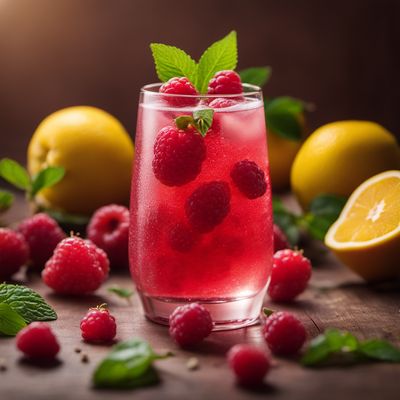
Fruit soft drink, raspberry
Raspberry Bliss

Fruit soft drink, papaya
The Tropical Elixir: Unveiling the Delights of Papaya Fruit Soft Drink
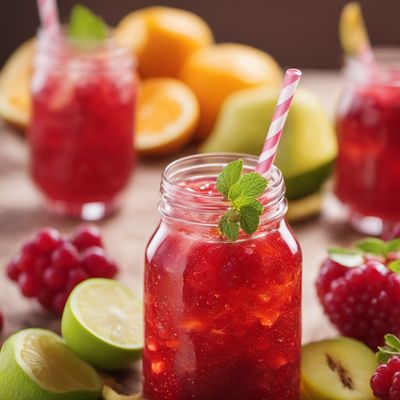
Fruit soft drink, mixed fruit
The Refreshing Quencher: Mixed Fruit Soft Drink
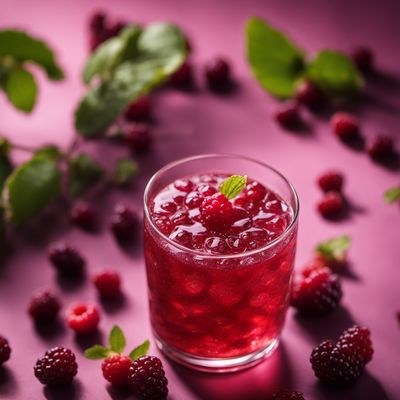
Fruit soft drink, mulberry
The Berry Bliss: Exploring the Delightful World of Mulberry Fruit Soft Drinks

Fruit soft drink, plum
Plum Paradise: Exploring the Refreshing World of Fruit Soft Drinks
